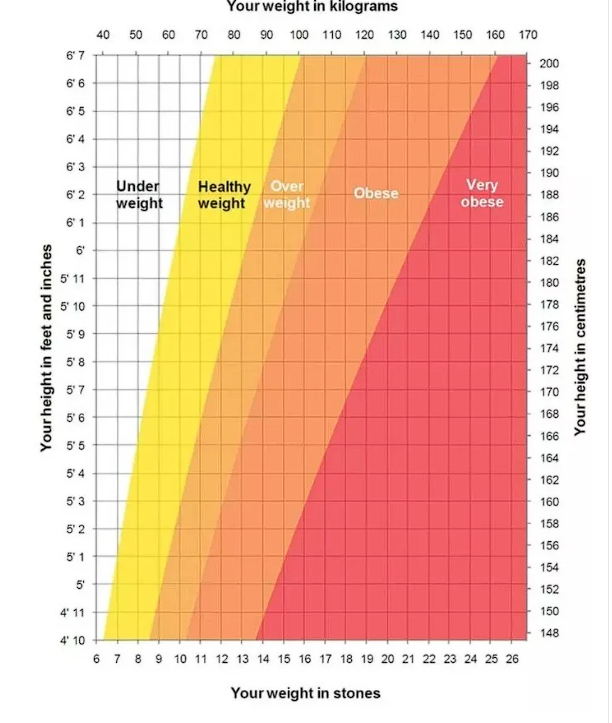The Ideal Weight According to Your Height.
Others are reading now
Understanding your ideal weight can be a complex topic, given that the perfect weight for one person can vastly differ from another, even if they share the same height. Comparing yourself to family and friends might lead you to believe you have no health concerns if surrounded by overweight or obese individuals or feel severely troubled if everyone around you has a model-like physique.
A Basic Guideline: Your Height
Your height offers a basic starting point for determining your ideal weight. However, to accurately gauge what your ideal weight should be, you must consider various factors, including age, muscle-to-fat ratio, height, gender, and bone density.
BMI vs. Waist-to-Hip Ratio
Some doctors argue that calculating your Body Mass Index (BMI) is the most effective method to address this issue, while others claim that BMI is too simplistic, failing to account for muscle mass. They suggest that the waist-to-hip ratio is a better method.
Also read
Weight Chart Based on Height
Below is a chart that gives you an approximate idea of how much you should weigh based on your height. The horizontal axis represents weight in kilograms (top side) and the vertical axis represents height in centimeters (right side).
It’s noteworthy that men generally weigh more than women of the same height.

Note: Yellow indicates the ideal weight, two shades of orange signify being overweight or very overweight (bordering on obesity), red denotes obesity levels, while white shows the other (also unhealthy) end of the spectrum, being underweight.
This guide aims to provide a clearer understanding of how your height influences your ideal weight while highlighting the importance of considering other health factors beyond the numbers on the scale.
As we’ve mentioned before, various factors can come into play, which may mean you don’t fit perfectly into this scale.


